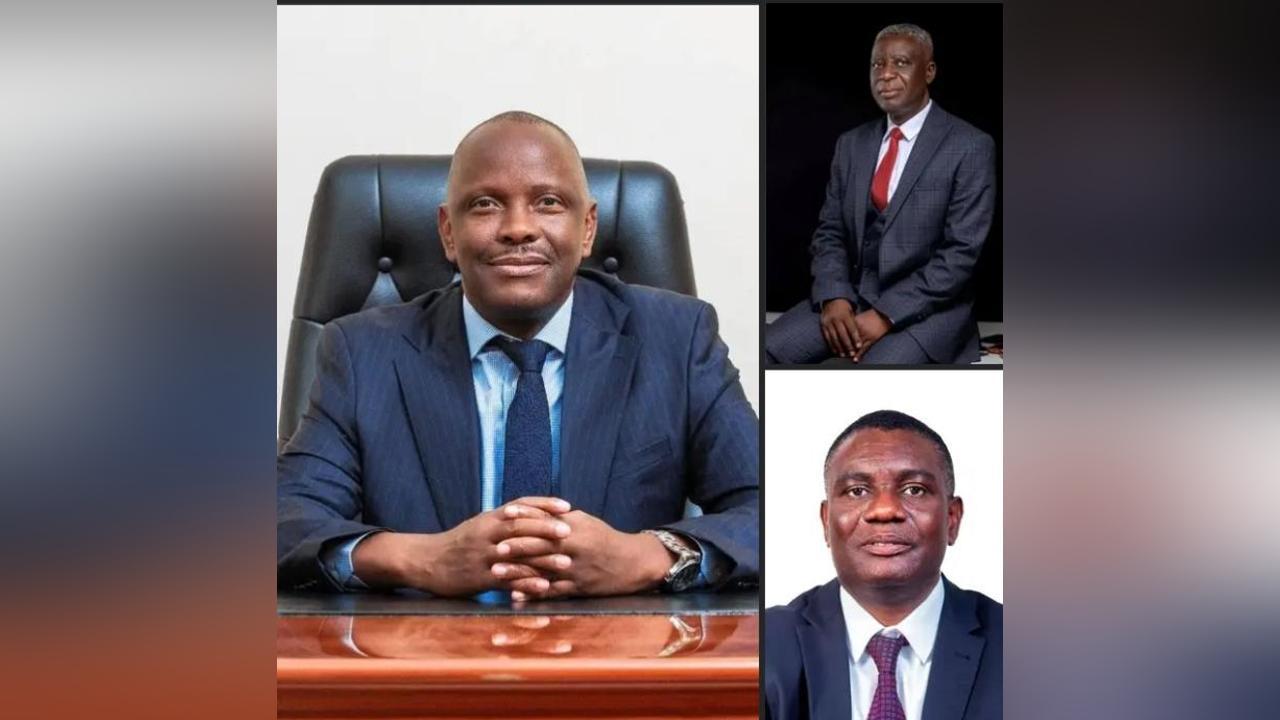Africa-Press – Zambia. On Friday night’s broadcast of EMV Tonight, the phone lines lit up as Zambians from across the country and diaspora voiced anger over deepening power shortages, selective justice, and what they described as a growing climate of political betrayal.
For nearly three hours, the program shifted between stories of darkness in homes and businesses, outrage over the killing of 22-year-old Enoch Simfukwe in Chisamba, and skepticism toward government directives on the burial of former President Edgar Lungu. The atmosphere was raw, urgent, and defiant.
POWER CRISIS SYMBOLIZES NATIONAL FRUSTRATION
The central theme of the night was Zambia’s electricity crisis. Callers reported enduring as little as 30 minutes of power in 24 hours, while some said entire neighborhoods had gone dark for days. Businesses reliant on refrigeration, welding, or hairdressing have been forced to close, while households spoke of wasted food and shuttered livelihoods.
“I am calling you from darkness right now,” said one listener. “The President once said load-shedding was a failure of leadership. If that was true then, what is it now?”
Technical figures dominated the discussion: Zambia’s installed capacity of 3,800 megawatts against peak consumption of 2,200, and an increased water allocation of 13.5 billion cubic meters from the Zambezi River Authority for 2025, up from 8 billion the year before. Yet load-shedding has intensified.
“Why are we exporting electricity when our people are suffering?” callers asked repeatedly. Some alleged that government-linked companies were profiting from reselling power to neighboring countries while domestic supply collapsed. Others speculated that power was being “reserved” to guarantee stability ahead of the 2026 election.
OUTRAGE OVER ENOCH SIMFUKWE CASE AND SELECTIVE JUSTICE
Beyond energy, the show was dominated by calls demanding justice for 22-year-old Enoch Simfukwe, who was killed on a farm in Chisamba. Listeners questioned why Maria Zaloumis, the farm’s owner, had not been arrested despite video evidence placing her at the scene.
“This government applies two sets of laws,” argued one caller from Lusaka. “If you are close to power, you go free. If you are an ordinary Zambian, you are arrested even when you are innocent.”
The case has inflamed broader concerns about selective justice, with references to the abduction case of Honorable Emmanuel Jay Jay Banda, who accused State House-linked operatives of torturing him, only to face intensified persecution himself after naming his alleged attackers.
Many callers accused police of shielding Zaloumis because of her family ties to senior figures in the Electoral Commission and the National Assembly.
LUNGU BURIAL DISPUTE CASTS SHADOW
The host reminded listeners of government instructions barring public commentary on the dispute surrounding the burial of late President Edgar Lungu. While some callers respected the caution, many said the directive reflected the erosion of trust between state and citizen.
“The environment is toxic,” one contributor said. “There can be no negotiations when the family is insulted daily on state media and their wishes are ignored.”
For many, the unresolved burial issue has become a metaphor for Zambia’s divisions, with Lungu’s supporters framing the matter as part of a wider pattern of disrespect and political persecution.
CALLERS IN HIDING: THE EROSION OF DEMOCRACY
A striking feature of the program was the number of callers who refused to identify themselves, choosing instead to be known simply as “Anonymous.” In a country that once prided itself on open political debate, the anonymity of ordinary citizens calling into a radio show is seen by many as a troubling indicator of fear.
“This is what happens when democracy erodes,” the host remarked. “When people fear being targeted for simply speaking their mind.”
For critics, the reluctance to identify oneself is evidence that the promise of free expression under Zambia’s current leadership has given way to surveillance, intimidation, and retribution.
CALLS FOR UNITY AND CHANGE IN 2026
Despite the anger, the broadcast carried a thread of determination. Diaspora callers from the United Kingdom and South Africa pledged to return home to register and vote in 2026. Several urged opposition parties to unite behind a single candidate, drawing parallels to 1991, when opposition unity ended one-party rule.
“This is Independence 2.0,” said one caller. “We cannot remain in this marriage of lies. We must walk away.”
The broadcast ended with appeals for voter registration, civic vigilance against electoral malpractice, and a call for justice both for Simfukwe and for former First Lady Esther Lungu.
A NATION AT CROSSROADS
The EMV Tonight program revealed a Zambia under pressure: electricity shortages strangling businesses, a justice system accused of protecting elites, and a population increasingly skeptical of official statements.
With just under a year before the 2026 elections, the show captured a sentiment that was both bleak and resolute. The refrain heard most often was not just about electricity, but about trust. “We have been deceived,” callers said. “Now we must decide.”
For More News And Analysis About Zambia Follow Africa-Press







